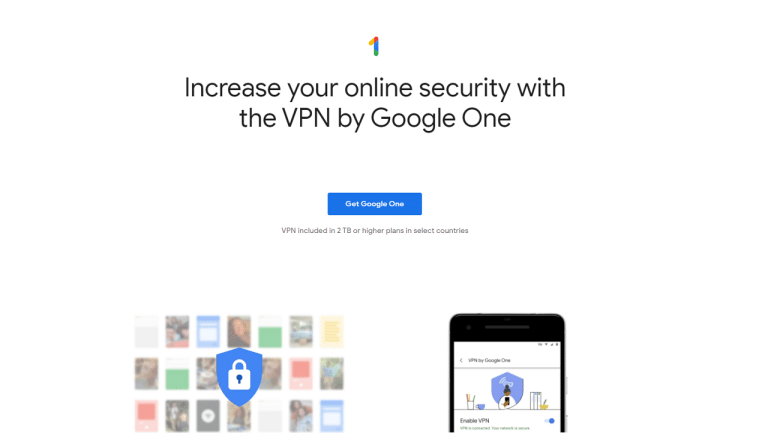In order to keep your digital actions hidden from prying eyes like those in the local café next to you, VPNs, or Virtual Private Networks, are an excellent way to safeguard your identity when surfing practically any website. Virtual private networks (VPNs) may be helpful in a variety of situations, and Google provides one as part of its paid cloud service.
When should you use it then? As a Google One client, you have access to Google’s VPN, marketed as VPN by Google One, which is only accessible to those who subscribe for more cloud services. Those presently enjoying the 100GB ($2 monthly) as well as 200GB ($3 monthly) cloud plans are not eligible for the VPN bonus.
You Got My Attention! What’s More
The process of activating the VPN could not have been more straightforward. Navigate through the Home page of the Google One application on either iOS or Android and you’ll notice an Activate VPN icon amongst the features clients are privy to. On its following page, you may choose to activate or deactivate the VPN, as well as prohibit particular applications from accessing it.
The tech giant’s VPN doesn’t come with a lot of configuration options: No matter how far you travel on the internet, websites would nonetheless identify your location originating from the nation wherein you presently reside since the tech giant does all the job for you seamlessly. A more comprehensive VPN service may be extra suitable if you want additional customization options.
In addition, the company manages and maintains the VPN connection you’re using. For the first time ever, the tech giant pledges to “not utilize the VPN network to monitor, store, and monetize user’s browser signature.” To put it in laymen’s terms, your actions won’t be logged, in addition to what Google currently records. If you’re interested in learning further regarding Google’s VPN, the corporation has a white paper available.
Utilizing a virtual private network (VPN) requires some level of faith since you’re handing up your browser history to the service provider. Lots of companies, including Google, would say they won’t store any evidence of this behavior, however, it’s difficult to confirm such without sneaking into their server farms and taking a peek personally.
Concerns were highlighted regarding Google’s VPN service by the business that makes ProtonMail as well as other technology. “The fundamental objective of a VPN is to avoid the sort of monitoring Google conducts on a large and unparalleled level.” ProtonMail creator Andy Yen stated, adding that “Google’s marketing and database analysis operations are in contrast with the concept.”
Because of the growing popularity of VPNs, the company’s move to create its own application may be viewed as another effort to seize a little of that information, even though Google won’t be capable of monitoring you as well as it could if you didn’t employ a VPN whatsoever. Google’s officials may have concluded that since customers are adopting VPNs, they may as well use Google’s.

